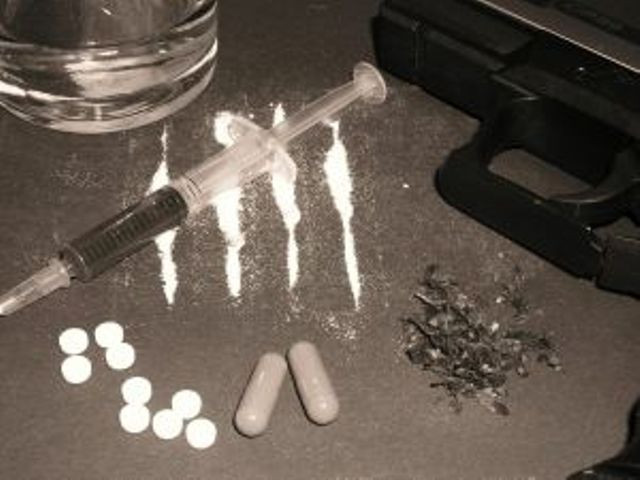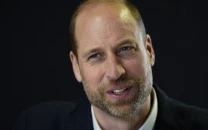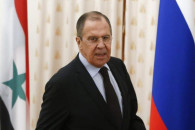US sentences Taliban-linked Afghan drug lord to life in prison
Bagcho sold more than 123,000 kilograms of heroin, worth more than $250 million in 2006, giving some money to Taliban.

US sentences Taliban-linked Afghan drug lord to life in prison
Haji Bagcho, who authorities called one of the most notorious heroin traffickers in the world, was sentenced to life in prison at the US District Court of the District of Columbia, after being convicted of conspiracy, distribution of heroin to the United States and narco-terrorism.
"One of the world's most prolific drug traffickers who helped fund the Taliban will spend his remaining days behind bars in a US prison," Administrator Michele Leonhart of the Drug Enforcement Administration said in a statement from the Justice Department.
Bagcho's case marks the second time a trial has been held under a narco-terrorism statute enacted as a provision of the USA Patriot Act that went into effect in 2006. The measure applies to the use of profits from drug sales to fund acts of terrorism.
Bagcho had been making heroin in secret laboratories along Afghanistan's border with Pakistan for years, according to the statement from the Justice Department.
He had used proceeds from sending heroin to more than 20 countries to support the former Taliban governor of Nangarhar Province and two Taliban commanders responsible for insurgent activity in eastern Afghanistan, the Justice Department said.
Afghanistan's economy, ruined by decades of war, depends heavily on the drug trade, which funnels an estimated $100 million a year to the Taliban though levies on farmers and traffickers, according to the United Nations office on Drugs and Crime (UNDOC).
With US and NATO combat forces expected to leave Afghanistan by the end of 2014, UN Secretary-General Ban Ki-Moon warned at an international conference in February that a global effort was needed to combat narcotics production in the country. According to the CIA factbook on Afghanistan, the country produced 3,200 metric tonnes of opium in 2010.
"We cannot speak of sustainable development when opium production is the only viable economic activity in the country," Ban told a meeting of the so-called Paris Pact in Vienna on February 16.
Bagcho made heroin transactions of more than 123,000 kilograms (271,100 pounds) and worth more than $250 million in 2006. That accounted for about 20 per cent of the total amount of heroin produced in the world that year, the Justice department said, citing 2006 statistics from UNDOC.
Bagcho had been the subject of an investigation between the DEA, the US Embassy in Kabul, and Afghan law enforcement. He was arrested and extradited to the United States from Afghanistan in May 2009 and convicted of the charges in March by a jury.
Khan Mohammed, a member of an Afghan Taliban cell, from the Nangarhar Province, was the first person convicted under the narco-terrorism statute.
Found guilty for intending to ship heroin to the United States and use profits from the trade to assist the Taliban in 2008, Mohammed also received a life sentence in prison.


















COMMENTS
Comments are moderated and generally will be posted if they are on-topic and not abusive.
For more information, please see our Comments FAQ